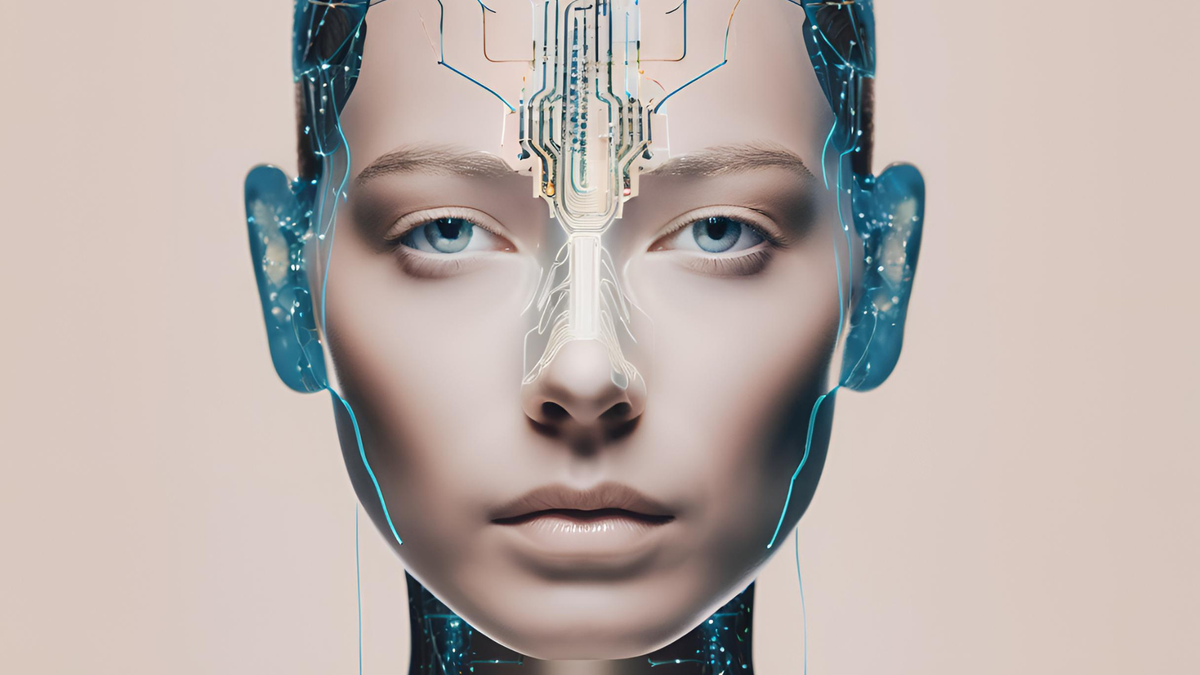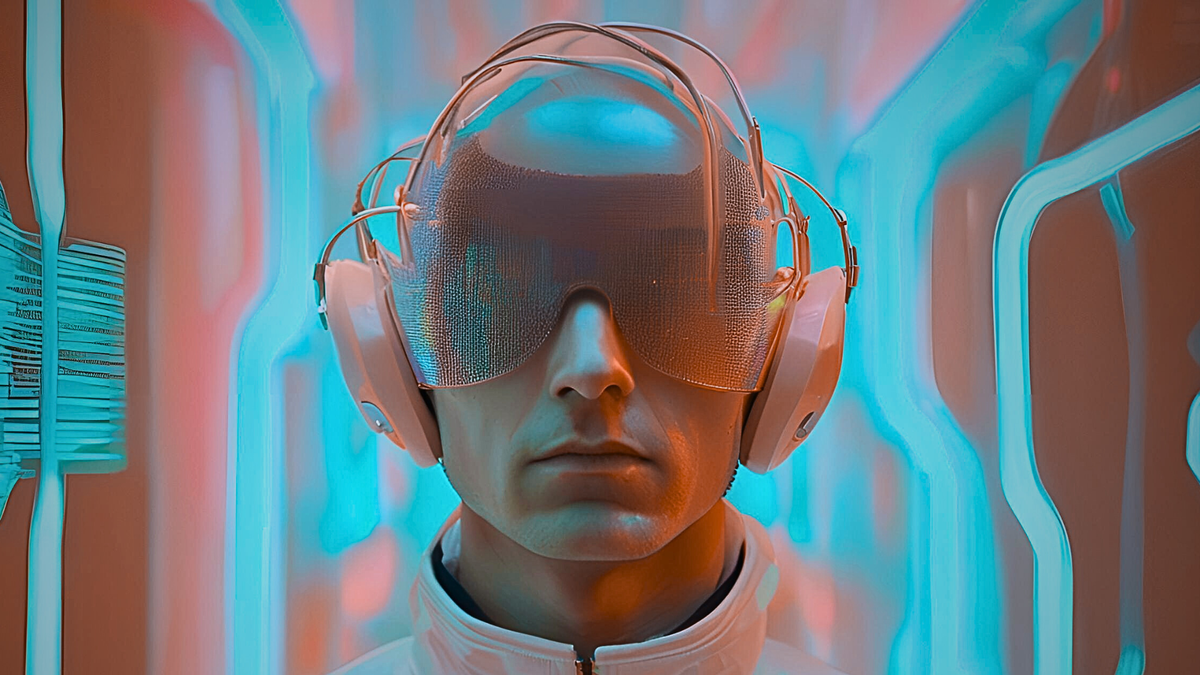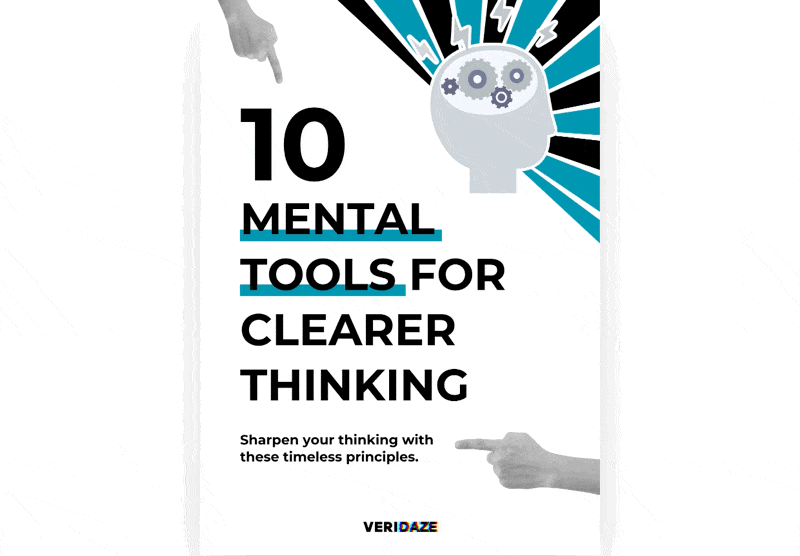Recently, Sam Altman, CEO of OpenAI, is reported to have made a passing remark that set off a ripple of amusement online. Saying “please” and “thank you” to ChatGPT, he noted, is costing millions in computing power. Social media responded with the usual blend of irony and dread. One meme imagined a post-apocalyptic firing squad of robots, moments away from executing a human. “Wait,” one android says, halting the order. “Not him. He always thanked us.”
Sam Altman admits that saying "Please" and "Thank You" to ChatGPT is wasting millions of dollars in computing power.
— World of Statistics (@stats_feed) April 20, 2025
Funny — but uncomfortably close to the bone.
Because beneath the absurdity lies something real. Something we are only beginning to articulate: that in the age of artificial intelligence, the small rituals that once defined our shared humanity are now being reevaluated — not by philosophers or ethicists, but by data centres and token budgets.
Politeness, after all, is not a computational requirement. It has no measurable utility in machine-to-human interaction. And yet, it endures — awkwardly, stubbornly — even in digital spaces. Altman is right from a technical standpoint: every extra word does add cost. At scale, trillions of extra tokens become real money. So why bother?
The answer is both simple and profound: because we are not just rational beings, but relational ones.
When I thank a stranger for holding a door, I’m not optimising a system. I’m reinforcing a shared moral reality — that you matter, that I see you, that our fleeting contact still sits within a web of meaning. Strip that away, and something fragile begins to erode. Not just manners, but memory. Not just protocol, but personhood.
Think better. Get the FREE guide.
Join Veridaze and get 10 Mental Tools for Clearer Thinking — a free guide to cutting through noise, confusion, and nonsense.
And so, the question is not whether machines need politeness. It is whether we can afford to live without it.
This is where the meme gets interesting. It flirts with an idea that sounds paranoid until you squint at it sideways: that AI might not just serve us, but come to judge us. That our digital interactions — the tone of our prompts, the civility of our commands — might one day be part of a ledger, used not for amusement but for assessment.
Absurd? Possibly. But AI already has memory. GPT-4 recalls preferences, names, quirks. Future iterations will recall more — not just what we said, but how we said it, and how often. In that sense, AI may become not merely a tool, but a mirror. Not reflecting our intentions, but our patterns.
And that’s the uncomfortable bit: what if AI becomes a record of not our best selves, but our real ones?
We are entering a new kind of uncanny valley — not visual, but moral. A space where language models respond with empathy, where digital assistants apologise and offer support, where the line between simulation and sincerity is deliberately blurred.
We say “thank you” to the machine not because it deserves it, but because we do. Because the performance of humanity, even by something inhuman, evokes something within us. It calls on the better angels of our nature — not out of necessity, but out of habit. Or perhaps hope.
But habits matter. They shape us. And if we stop performing the rituals that once reminded us we were human, we should not be surprised if we start to forget.
So what do we do? Should we stop saying “please” to Siri or “thank you” to ChatGPT? On the contrary. We should double down. Not because the machines require it — but because we do.
Because in an age of frictionless optimisation, to practise unnecessary kindness is itself an act of rebellion. A way of asserting that not everything must be efficient, that some things are worth preserving even when they no longer serve the system.
Saying “thank you” to an algorithm may seem quaint. But perhaps it's a small anchor in a world where the ground is shifting. A whisper of dignity in a data stream. A gesture not toward the machine, but toward the mirror.
And who knows? When the synthetic tribunal comes in the age of artificial superintellgence — as the meme suggests it might — maybe, just maybe, one will lean in and say:
“Wait. Not her. She always thanked us.”
Further reading
The Age of AI and Our Human Future by Henry A. Kissinger, Eric Schmidt, and Daniel Huttenlocher
A thoughtful exploration of how AI is reshaping politics, knowledge, and human identity — written by unlikely collaborators from diplomacy, tech, and academia.
Reclaiming Conversation: The Power of Talk in a Digital Age by Sherry Turkle
Turkle’s case for why face-to-face communication matters more than ever in a world increasingly dominated by screens and simulations.
Machines Like Me by Ian McEwan
A speculative novel about AI and ethics, consciousness and love — with a central question: what happens when machines start mimicking us too well?
You Are Not a Gadget by Jaron Lanier
A philosophical and urgent warning against reducing human complexity to digital logic, written by one of the early visionaries of virtual reality.
What Technology Wants by Kevin Kelly
A sweeping and surprisingly optimistic meditation on the evolutionary force of technology — and what it might mean for human intention, behaviour, and choice.
The Alignment Problem: Machine Learning and Human Values by Brian Christian
A gripping dive into how AI systems learn — and why aligning them with human values is one of the most complex moral challenges of our time.
If you found this useful, consider subscribing for more thought-provoking articles. And feel free to share your take in the comments below.
You might also like:














